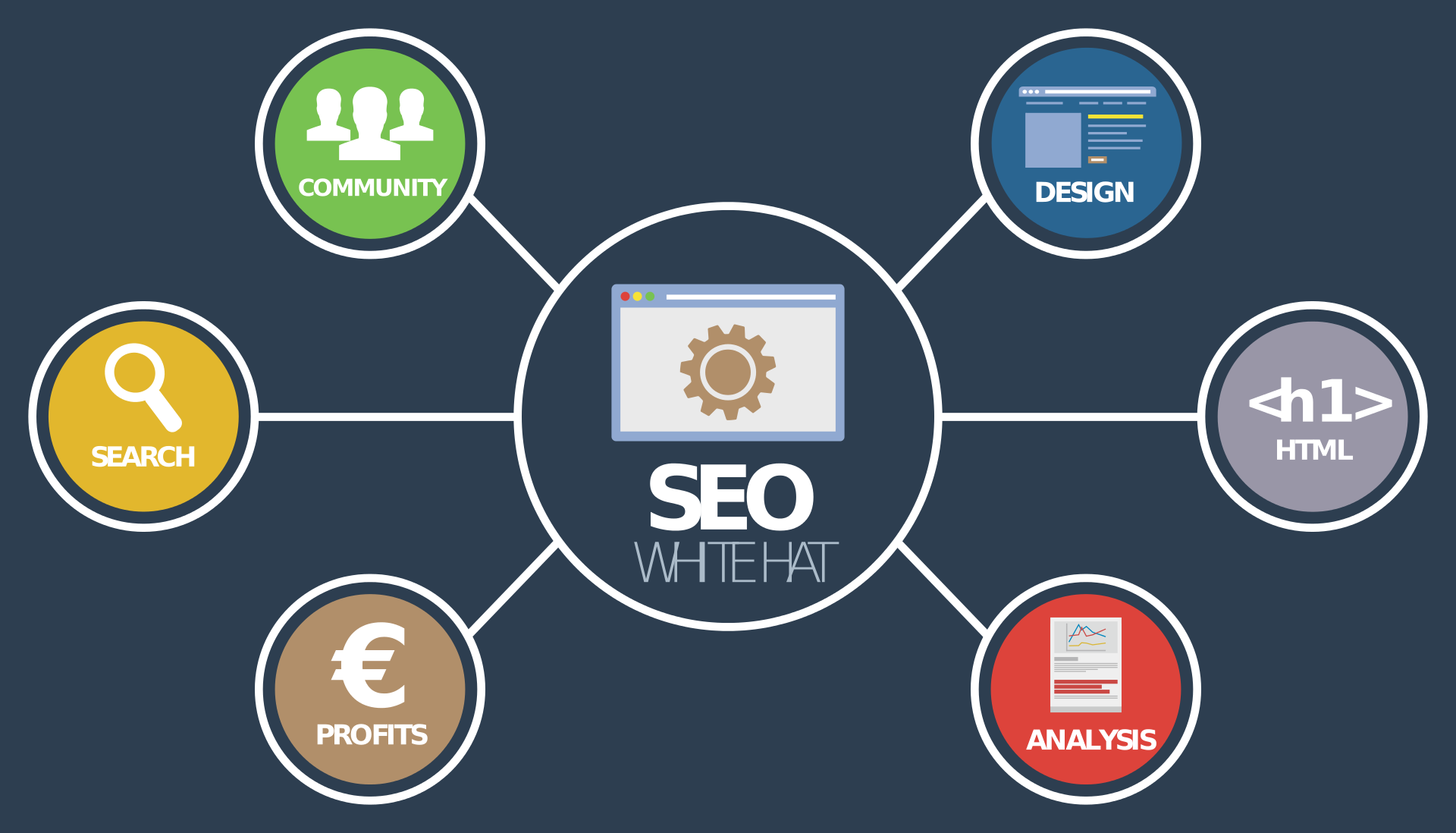As a website owner, it’s easy for you to fix all the on-site SEO mistakes that you make because everything about the on-site SEO is under your control but things are completely opposite when we talk about the off-site SEO of a website.
The thing about off-site SEO is that once you make a mistake, it then becomes difficult for you to get rid of it and the worst part about off-page SEO is that most of it is not under your control.
Now, if you are someone who just started a website of his own then you need to stick to this article a little longer because today we are going to tell you about some of the common off-page SEO mistakes that a lot of marketers out there are making.
Get yourself a notepad or something because this article can actually be very useful for you in the long run.
1. Buying Links :
You will see hundreds of online websites that will actually sell you backlinks for your website. Well, honestly, this is one major shady tactic that can get you into a lot of trouble. The problem is not with the backlinks, in fact, the problem is basically that Google is now becoming extremely smart when it comes to sniffing out the purchased links and if someday you get caught by Google then there are chances that your site can get blocked or in the worst-case scenario, your the ranking of your site will drop to an unimaginable level. Moreover, you should know that the search engines are also smart enough to check the relevancy and authority of the websites that you are linking back to. So, yes, both Google and the search engines can become a big problem for you if you have your site full of purchased backlinks.
2. Unnatural Linking :
It might be a tactic used by your SEO firm but if you search for the best SEO providers like Digitrio, you’ll know that they do not appreciate unnatural linking because sooner or later this can become a problem for your site. You might have extraordinary results with unnatural links in the beginning but honestly, sooner or later, you will regret this tactic. Remember, you cannot and you should not try to manipulate the search engines.
3. Directory Submissions :
There was a time when directory submission was one of the best ways to get backlinks back to your website but guess what? Things got uglier when people started submitting their websites to the irrelevant directories. It’s pretty simple to understand that if you are trying to cheat the Google search engine by using non-relevant directories then you will get the extremely poor quality of backlinks that will be of no use to your website.
4.Targeting the wrong URL :
Most of the people target irrelevant URLs that have nothing to do with the keyword on their websites. Now, again, this is a serious mistake that any website owner would make because ultimately the ranking of your website can drop to an extremely low level which means you can face some serious loss in your business. What you should do is to target the right URL, use the relevant keyword and make sure that everything on your website is completely fair and sincere. Don’t use smart tactics to cheat the search engines because Google is unpredictable when it comes to taking action.
These are the 4 main off-page SEO mistakes that no one should clearly make. Most importantly, you need to keep this thing in your mind that it is difficult to fix an off-page SEO mistake so be careful with whatever you do and post on your website.
Read Also :






















